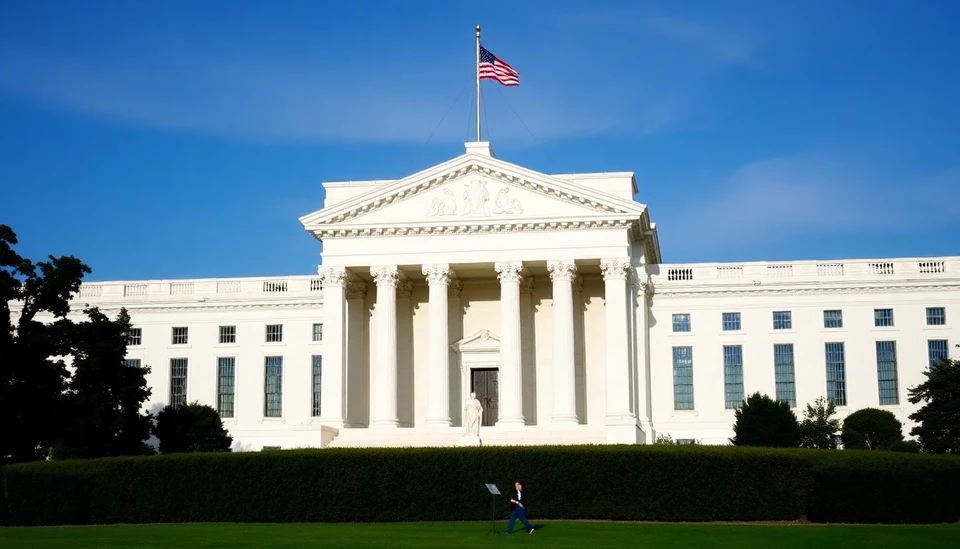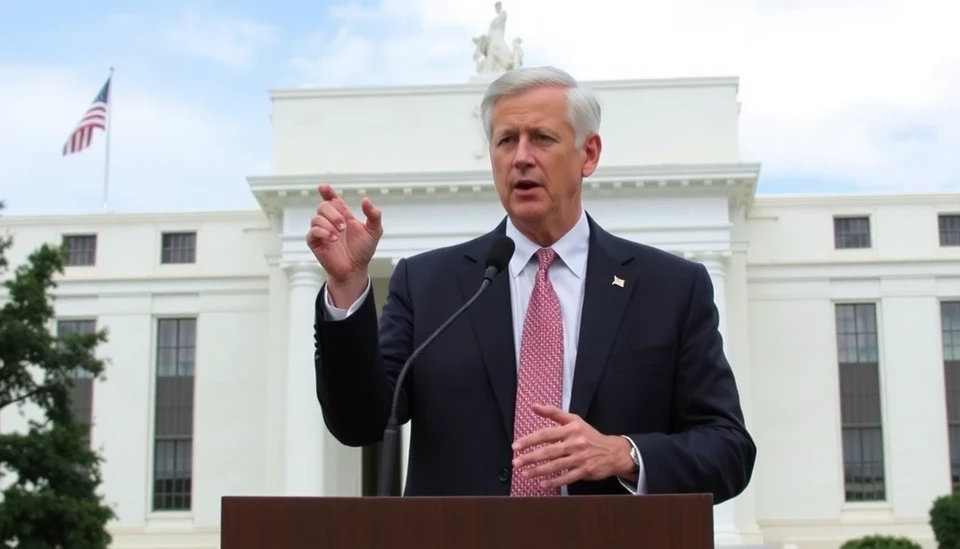
In a significant announcement, Federal Reserve Bank of Boston President Susan Collins has cautioned that rising prices due to tariffs could impede the central bank's ability to lower interest rates. Speaking at a recent economic forum, Collins emphasized the potential ramifications of escalating tariffs, which could further strain the economy and hinder monetary policy efforts aimed at supporting growth.
Collins conveyed her concerns during a discussion highlighting the complex interplay between trade policies and economic health. She indicated that the ongoing tariff tensions could lead to increased costs for consumers and businesses alike, thereby influencing the Fed's decision-making process regarding interest rates. As inflation pressures mount, the anticipated cuts in rates may not occur as swiftly as previously hoped.
The backdrop to Collins’ remarks is the current economic climate, which has already shown signs of slowing down. With inflation rates remaining resilient, the Fed's objective to bring prices down to a stable range becomes more complicated. The potential for elevated tariff-induced costs could mean that even as the economy grapples with challenges, the tools available to policymakers might be dulled, affecting their response strategies.
Collins pointed out that the ultimate goal of the Federal Reserve is to foster a stable economic environment where inflation is managed effectively and growth is sustained. However, she warned that ongoing external factors like tariffs could lead to unforeseen complications. "Should these price hikes persist, we may need to reassess our timetable for potential interest rate adjustments," she stated.
Furthermore, while the Fed closely monitors employment metrics and consumer spending, tariff impacts add another layer of complexity to their evaluations. Collins emphasized the importance of comprehensive analysis before implementing any changes to the interest rate, as the repercussions of tariffs are multifaceted, affecting both domestic and international trade dynamics.
In conclusion, Collins’ insights offer a crucial perspective into the Fed's future roadmap. As the landscape evolves, the interplay between tariffs and monetary policy will remain a significant factor to watch. Policymakers will need to remain vigilant, adapting their responses to ensure economic stability in the face of shifting global circumstances.
As the situation develops, stakeholders across various sectors will be seeking clarity on how these tariff implications could influence market conditions and overall economic health in the months ahead.
#InterestRates #FederalReserve #EconomicPolicy #Tariffs #Inflation #MonetaryPolicy #SusanCollins
Author: Daniel Foster




